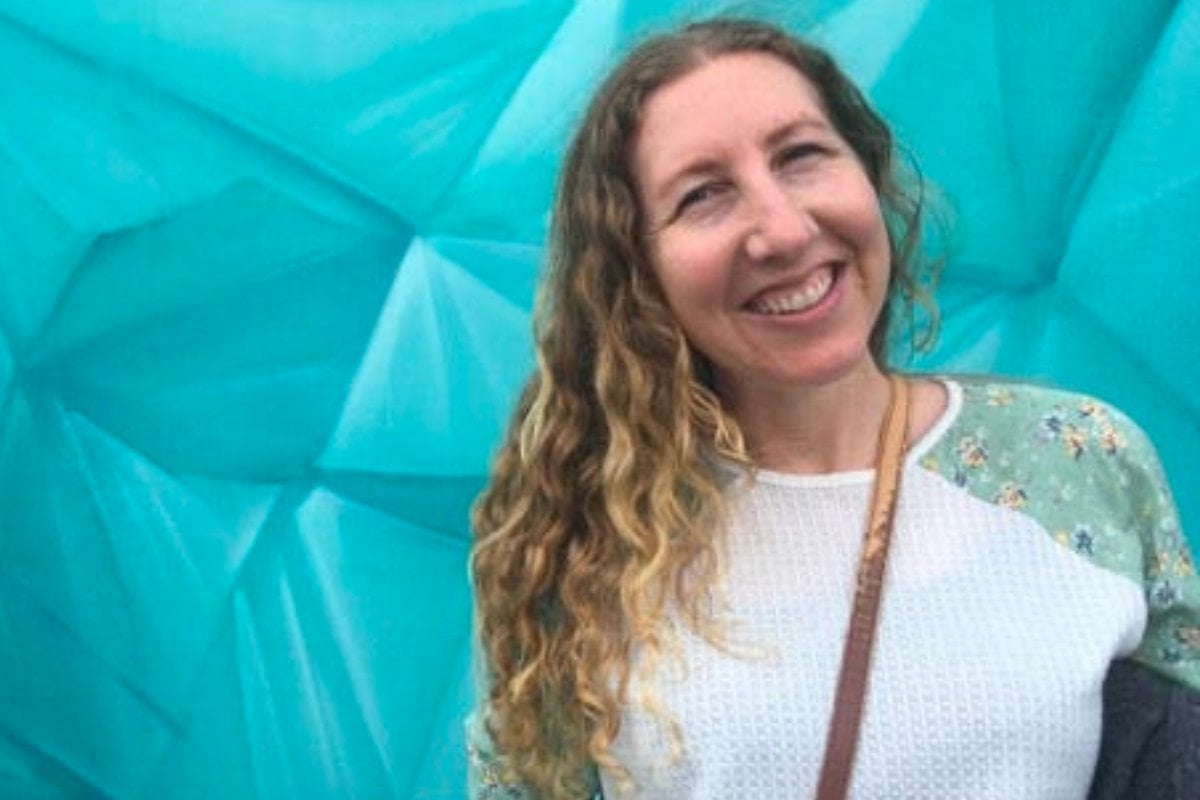
This story includes discussions about depression and suicidal thoughts. It might be distressing for some readers.
It was day 168 with no periods and my mood was dangerously low. My thoughts turned dark and, although I knew I wouldn’t follow through on them, they still scared me. A painful dragging feeling sat in my chest and no matter what I did or how much fun I had, the sadness wouldn’t shift.
I’ve had clinical depression several times before and I recognised the melancholic track in my head. "They’d be better off without you." "I can’t do this anymore" "I’m so tired, I just want it all to stop." I didn’t feel at risk of self harm, but as a health writer, I’ve been researching menopause and peri- long enough now to know the highest suicide rate for females in Australia is in those aged 50–54. Right at the average age of menopause.
Watch: Mia Freedman talks about Perimenopause. Post continues after video.
It’s a worrying statistic. How often are untreated hormonal issues the cause?
"Perimenopause is a vulnerable time," menopause specialist, Dr. Linda Dear, explains. "The highest rates of depression in women occur during the years around menopause."

